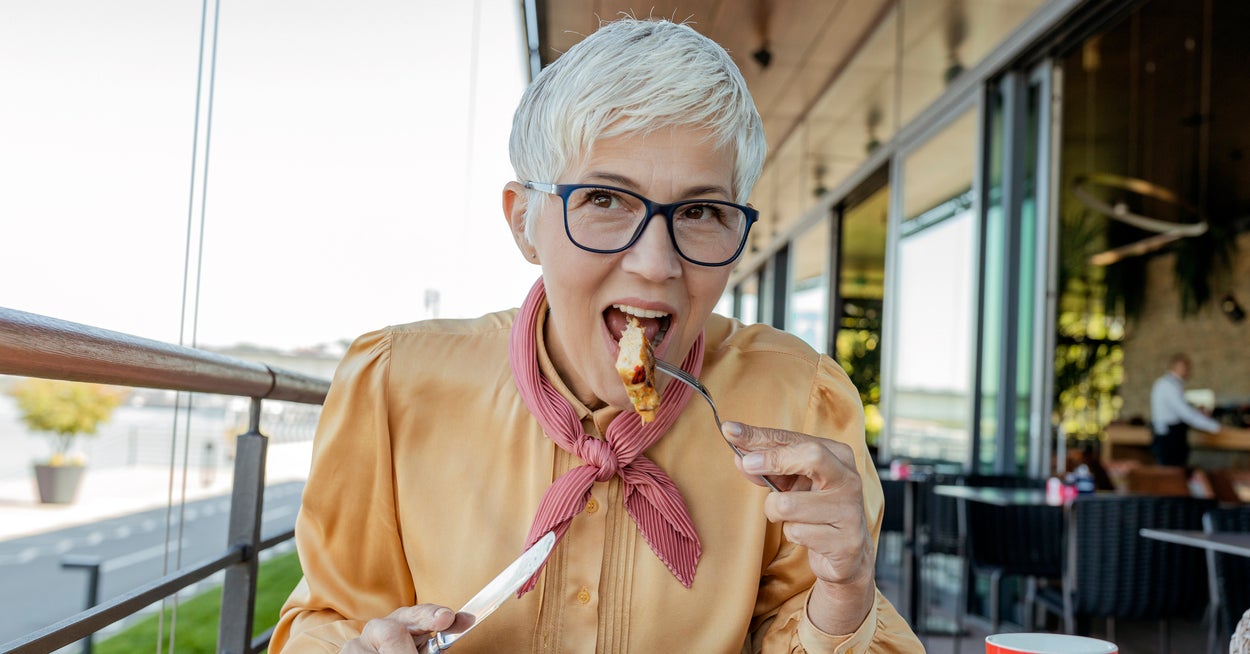If you’re looking for one specific food that can move the needle health-wise, the experts we spoke with suggested opting for high-quality fatty protein, namely salmon. “Fatty fish, such as salmon, are rich in EPA (eicosapentaenoic acid) and DHA (docosahexaenoic acid),” which are long-chain omega-3 polyunsaturated fatty acids, explained Dr. Kevin Cooke, a board-certified primary care physician who specializes in longevity medicine and brain performance. “Older adults should aim to include these in their diet at least twice a week to boost omega-3 intake, which supports brain health and reduces inflammation.”
Gomer added that we need protein for muscle maintenance and strength, and healthy fat for hormones and fat-soluble vitamins. “As we age, we naturally will lose muscle — if we don’t use it, we lose it,” she said. “And as we age, many things can happen in our lives where we become less active and less motivated to build and maintain muscle. All of our cells, including our brain cells, need healthy fats to function. When we don’t provide them, we can get into trouble physically and cognitively.”
Edwina Clark, a registered dietitian, added that if salmon isn’t your thing, other high-quality protein sources can include skinless poultry, eggs and tofu. It’s especially important for those 65 and older. “Studies indicate that the optimal intake of protein for older adults is 1-1.2 grams [per kilogram of body weight], which is higher than general recommendation for adults of 0.8 grams per day,” she said. With that in mind, any of the foods listed can be beneficial in helping you meet your requirements.


